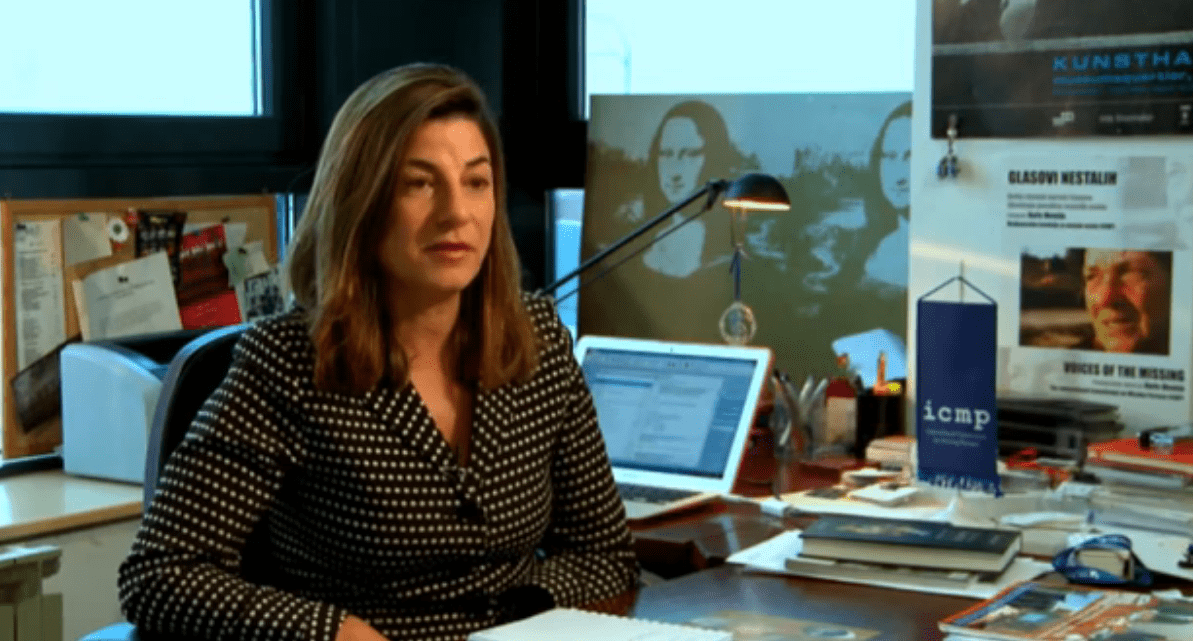This post is also available in: Bosnian
The workshop participants, journalists and editors from Bosnia and Herzegovina, concluded that the media coverage of court proceedings against war crime indictees remain at a low level.
It was particularly emphasised that the public broadcasting stations, which are obliged to report on war crimes cases, still do not do this, but they rather rely on reports issued by other agencies, primarily BIRN.
It was stated that the Bosnian media broadcast very few reports on local court trials, while, at the same time, the Press Council receives many complaints pertaining to reporting on those trials.
Azemina Smailbegovic of the ZOS Radio from Doboj said that local judiciary representatives were “introvert, while trying to avoid any contacts with the media”.
The workshop participants agreed that journalists were not adequately trained to report on court proceedings, recommending further engagement on this issue.
It was concluded that the condition related to the transparency of the State Court has worsened, with journalists still facing problems when attempting to access public information.
The workshop participants once again reviewed the AIS achievements since its establishment four years ago. In doing this, they mentioned the engagement of its members in the preparation of an amended version of the Press Council Code in Bosnia and Herzegovina as well as the promotion of recommendations for court reporting at various conferences held in the country.
It was stated that, in the course of 2008, the Association organised debates on the “Transparency of Cantonal and District Courts and Prosecutions and Objective Reporting,” which took place in Doboj and Trebinje.
The Association is planning to organise similar meetings in Brcko and Travnik by the end of this year.
The workshop participants unanimously agreed that, acting individually, journalists can hardly change the situation related to the transparency of court cases. It was concluded that, in order to achieve results, it was necessary to act through the AIS network, which has become widely known for its activities.
After having discussed the situation and the needs pertaining to the court processes reporting, the workshop participants made the following recommendations related to the work of AIS in the upcoming period:
– Organise regular meetings with the State Court and its Prosecution
– Establish links with the associations of journalists and try to motivate other media houses to report on court processes
– Establish a network of journalists, who are involved in those issues, represents a potential important area of concern for the AIS in the upcoming period
– Education and improvement of editorial staff- Share AIS recommendations and ideas with the international organisations involved in the issue of transitional justice, which support the development of the judiciary
When it comes to education, it was agreed that it should be conducted in three phases: spokespersons of judicial institutions at the state level, editors, who will attend informative meetings, and journalists, who need to be educated, as well as students and representatives of local courts and prosecutions.
BIRN developed education models, which were applied in 2004, when a group of journalists from Bosnia and Herzegovina were educated with the help of IWPR.
The same training was then given to journalists in Kosovo and Macedonia.
The AIS plans for 2009 include the following activities:
– Organise a one-day meeting with media editors
– Organise the education of journalists, with BIRN journalists/trainers acting as educators and training module developers. The training will be organised in several regions in the country, as follows: Mostar
(Herzegovina), Banja Luka (Krajina), Tuzla (north-eastern Bosnia), Doboj (central/northern Bosnia), Gorazde (eastern Bosnia)
– Establish a network of journalists – contributors
– Organise quarterly meetings attended by AIS, Court of Bosnia and Herzegovina and the Prosecution
– Establish contacts with the Faculty of Journalism and try to develop continuous cooperation
– Establish partnerships with the organisations involved in judicial issues- Advocate the transparency of court proceedings
– Establish cooperation between the media and judicial institutions at the state and local levels.
The workshop was attended by: Lea Tajic, Konrad Adenauer Foundation; Alma Durmo Djozo, Nezavisne novine; Aida Alic, Denis Dzidic, Nidzara Ahmetasevic, Erna Mackic, Amila Nezirevic, Anisa Suceska – BIRN Bosnia and Herzegovina, Muamer Selimbegovic, FENA, Mladen Bosnjak, Radio Stari Most Mostar, Mirela Hukovic Hodzic, BH Radio 1 and Nerma Jelacic.


